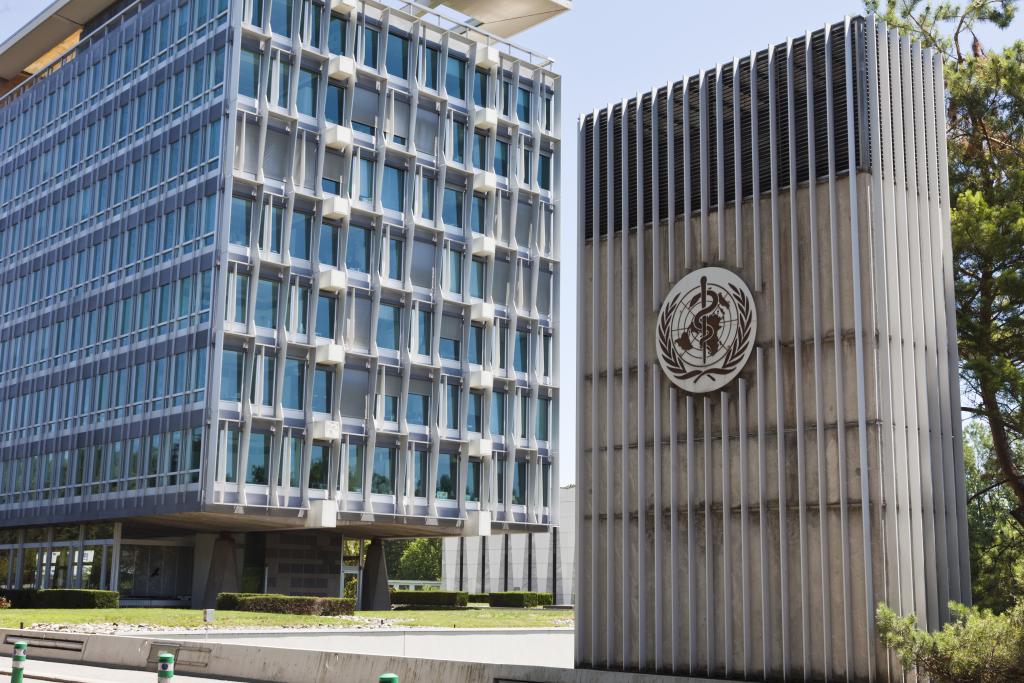The US is the WHO’s largest contributor; a total freeze of its contribution would be extremely damaging for a number of WHO’s activities, including the response to COVID-19 in the middle of the pandemic.
The US then single-handedly blocked a statement from the G20 health ministers’ meeting that expressed support for the WHO.
Commentators are unanimous that Trump’s decision has both domestic and international purposes: it is in part a search for yet another scapegoat during an election year to deflect blame for the disastrous mismanagement of the pandemic by the federal government, and partly an indirect attack against China and its growing influence in international organisations.
It is unclear whether Trump’s threats will discreetly fizzle out or whether they represent a long-term disengagement from an organisation that has historically been deeply influenced by the USA.
In any case, defunding the WHO during a pandemic is an act of astonishing irresponsibility however legitimate its motives. A few considerations can be drawn from this incident.
The first is the WHO’s reliance on governmental cooperation for its surveillance and alert functions. The possibility of relying on other sources, or confronting powerful states, is limited and politically unrealistic. It is also practically impossible with regard to a state with social controls like China.
This may explain the much criticised laudatory attitude of the WHO that has now come back to haunt it, probably aiming to secure China’s cooperation and to support its draconian control measures that most other countries eventually imitated.
The second is the impossibility of neutrality for an international organisation when caught between two hostile states with a zero-sum-game mentality. The WHO’s Director-General has positioned himself as a moral leader, focused on saving lives and warning against “politicising the virus”.
However, this incident is a reminder of the very limited space that international organisations, even those with the operational autonomy of the WHO, enjoy in the absence of sustained political support or when caught in political disputes alien to the substance of their mandate: even the most apparently technical interventions by the WHO are politically charged.


